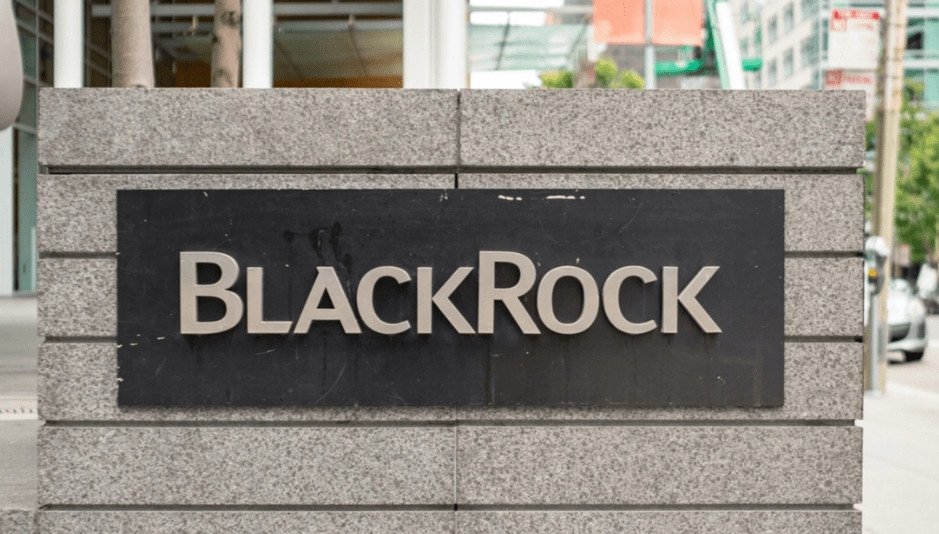BlackRock – the world’s largest asset manager – announced securing $100,000 in seed funding from an undisclosed investor for its latest spot Bitcoin ETF proposal. This revelation comes from the giant’s recent filing with the United States Securities and Exchange Commission (SEC).
The development comes on the heels of the company filing an amended S-1 filing with the security watchdog.
BlackRock Acquired $100K Seed Funds for Bitcoin ETF
According to the SEC document, the anonymous investor agreed to acquire 4,000 shares at $25.00 per share, totaling the investment to $100,000 on October 27 this year. Notably, the investor played a pivotal role, functioning as a statutory underwriter concerning the Seed Creation Baskets.
The filing read,
“The Seed Capital Investor agreed to purchase $100,000 in Shares on October 27, 2023, and on October 27, 2023, took delivery of 4,000 Shares at a per-Share price of $25.00 (the “Seed Shares”).”
BlackRock’s filing provides insights into its strategy for managing the sponsor’s fee. The asset manager plans to borrow Bitcoin or cash as credit on a short-term basis from the trade credit lender. This approach allows the asset manager to avoid impacting the BTC price significantly. By charging the fees through a loan instead of selling the ETF asset (BTC), BlackRock aims to navigate the market without causing undue fluctuations.
The filing also states that trade credits will be settled on the business day after the execution date, incurring a financing fee of 11% plus the federal funds target rate divided by 365 ((11% + fed funds target)/365).
Amendments
BlackRock recently submitted an updated S-1 form for its proposed Bitcoin exchange-traded fund (ETF), the iShares Bitcoin Trust. On December 4, the company introduced 21 amendments to address various aspects of the iShares Bitcoin Trust structure, operations, risks, and disclosures.
The amendments cover crucial areas like custody arrangements, valuation policies, principal market determinations, indicative pricing, fork handling procedures, liability limitations, risk disclosures, and cash management protocols.
The objective is to improve security measures for private keys and Bitcoin holdings, ensure reliable and transparent valuations, streamline operational processes involving important entities like the Bitcoin Custodian and Prime Broker, and establish contingency plans for disruptive events.
The filing also delves into regulatory considerations in jurisdictions such as the UK and EU, highlighting the intricate and evolving landscape that Bitcoin ETFs must navigate.


